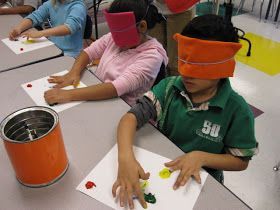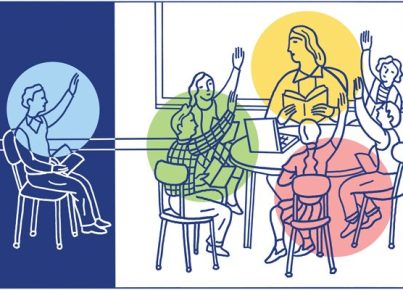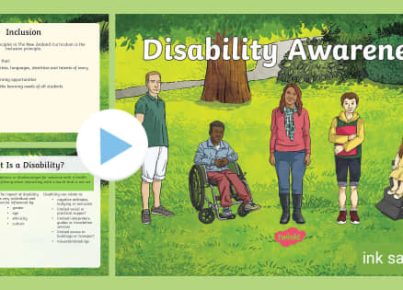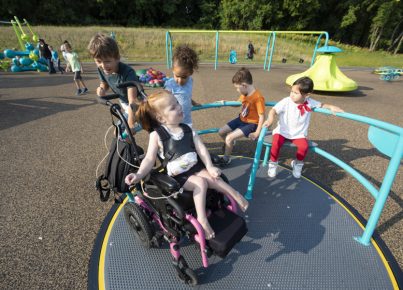Introduction:
Disability awareness is an essential aspect of promoting inclusivity and understanding in our communities. It is crucial to educate individuals about various disabilities, challenge misconceptions, and celebrate the unique abilities and contributions of people with disabilities. Here are 30 inspiring activities that can help promote disability awareness and foster a more inclusive society.
- Host a disability awareness day at your school or workplace, featuring guest speakers, interactive workshops, and information booths.
- Organize a wheelchair basketball game or other adaptive sports event to bring people together and showcase different abilities.
- Arrange a film screening or book club discussion focusing on stories about people with disabilities.
- Set up an art exhibition featuring works by artists with disabilities.
- Create sensitivity training workshops that teach participants how to interact effectively and respectfully with others who have disabilities.
- Volunteer at local organizations supporting individuals with different disabilities.
- Request sign language interpreters at public events for better accessibility – this will also promote the importance of ASL in communication.
- Invite local disability advocates as guest speakers at community gatherings or meetings.
- Develop lesson plans for educators to teach disability history, culture, and rights.
- Encourage schools to host peer-to-peer mentorship programs where students with and without disabilities can learn from one another.
- Use social media platforms to share informative content about disabilities and raise awareness through online campaigns.
- Start a support group for families of children with disabilities.
- Collaborate with local businesses to identify opportunities for employing individuals with disabilities, promoting workplace diversity and inclusivity.
- Organize a community walk or run fundraiser supporting organizations that assist those living with specific disabilities.
- Host inclusive playdates or social events that welcome kids of all ability levels.
- Create art or music therapy groups for people with varying disabilities to express themselves creatively.
- Participate in global disability awareness events like International Day of People with Disability or World Autism Awareness Day.
- Arrange a panel discussion where parents and caregivers of children with disabilities can share their experiences and insights.
- Collaborate with city officials to audit public spaces and ensure they are accessible to people with various disabilities.
- Launch a letter-writing campaign to politicians advocating for better legislation and policies that protect the rights of people with disabilities.
- Encourage schools or businesses to recognize the achievements of individuals with disabilities in various fields.
- Host tutoring programs or educational workshops that focus on improving academic outcomes for students with disabilities.
- Invite occupational therapists, speech therapists, and other specialized professionals to present workshops on their respective fields and the importance of their work in supporting people with disabilities.
- Form special interest groups that explore specific disabilities, such as Autism Spectrum Disorder (ASD), Down syndrome, cerebral palsy, or learning disabilities.
- Create social clubs where individuals can connect, learn from one another, and build a supportive community.
- Organize awareness seminars on invisible disabilities like ADHD, dyslexia, anxiety disorders, and chronic illnesses.
- Support organizations that train service animals for people with different disabilities.
- Hold a mock job interview event for individuals with disabilities to practice interview skills and gain valuable feedback from potential employers.
- Advocate for the integration of accessible technology into daily life and public spaces to improve the overall quality of life for those who rely on these adaptations.
- Encourage allyship among those who do not necessarily have direct experience with disability but want to support understanding, acceptance, and positive change.
Conclusion:
Promoting disability awareness is an ongoing process that requires consistent effort from all members of society.





